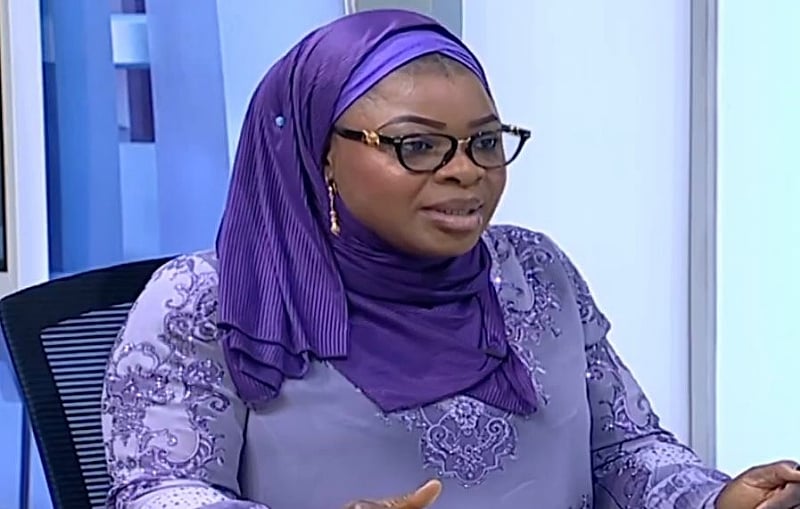The ongoing political discourse in Ghana surrounding the Office of the Special Prosecutor (OSP) has intensified, with accusations of political witch-hunting taking center stage. Deputy Presidential Spokesperson, Shamima Muslim, has leveled pointed criticism against the New Patriotic Party (NPP), alleging that the party established the OSP not to promote accountability and combat corruption, as initially purported, but rather to strategically target political opponents. This assertion comes as a direct response to the NPP’s recent complaints that the OSP is disproportionately focusing its investigative efforts on former NPP appointees, including high-profile figures like former Finance Minister Ken Ofori-Atta. This back-and-forth exchange has ignited a debate about the true intentions behind the OSP’s creation and its current operational trajectory.
Muslim’s argument hinges on the notion that the NPP’s current criticism of the OSP reveals a fundamental hypocrisy within the party’s stance on anti-corruption efforts. She posits that the NPP’s discomfort with the OSP’s investigations into its own ranks suggests that the party never intended for the institution to function as a truly independent and impartial body. Instead, she suggests, the OSP was envisioned as a tool to be wielded against political adversaries, and the NPP’s current outcry stems from the unexpected turn of events where their own members have become subjects of scrutiny. This interpretation paints a picture of political maneuvering and strategic deployment of anti-corruption mechanisms for partisan gain.
Bolstering her argument, Muslim points to the controversial resignation of the first Special Prosecutor, Martin Amidu. Amidu’s departure from the OSP was marked by allegations of political interference, specifically related to his investigation into the Agyapa Royalties deal, a transaction that drew considerable public criticism. Amidu’s claims of obstruction and interference, according to Muslim, provide compelling evidence that the NPP was not genuinely committed to allowing the OSP to operate independently and pursue corruption cases wherever they may lead, particularly when those cases involved individuals within their own political circles.
Furthermore, Muslim draws parallels between Amidu’s experience and the current Special Prosecutor, Kissi Agyebeng’s reported challenges. While Agyebeng has not resigned, there have been accounts of difficulties and potential obstructions he has faced in carrying out his duties. Muslim argues that these reported obstacles, taken in conjunction with Amidu’s prior experiences, create a discernible pattern of deliberate frustration of the OSP’s mandate. This pattern, she suggests, further substantiates the claim that the NPP’s true intention was not to empower the OSP, but rather to control and manipulate its activities.
The implications of these allegations are significant for Ghana’s anti-corruption efforts. If the OSP, designed to be an independent and powerful force against corruption, is indeed being subjected to political manipulation, it undermines the very foundation of accountability and the rule of law. The public’s trust in institutions designed to combat corruption is essential for their effectiveness, and accusations of political interference erode this trust, potentially emboldening corrupt practices and hindering genuine efforts to promote transparency and good governance.
This ongoing controversy highlights the inherent complexities of establishing and maintaining independent anti-corruption bodies within a politically charged environment. The OSP’s trajectory, from its inception under the NPP government to its current state, serves as a case study in the challenges of ensuring that such institutions remain free from political influence and are genuinely empowered to pursue corruption cases without fear or favor. The debate surrounding the OSP’s true purpose and its effectiveness will undoubtedly continue to shape the discourse on anti-corruption efforts in Ghana and may serve as a valuable lesson for other countries striving to establish robust and independent mechanisms for combating corruption.


